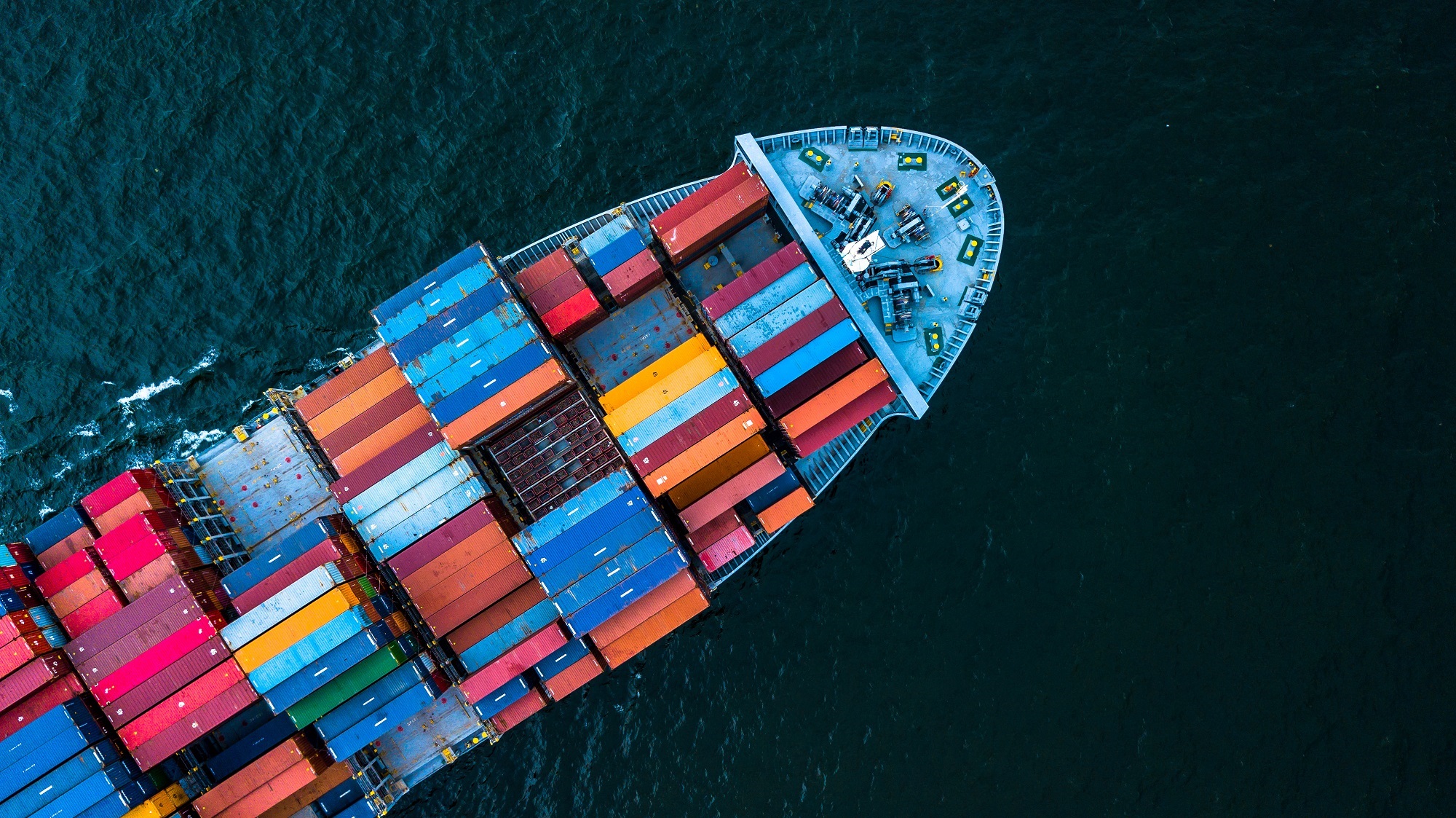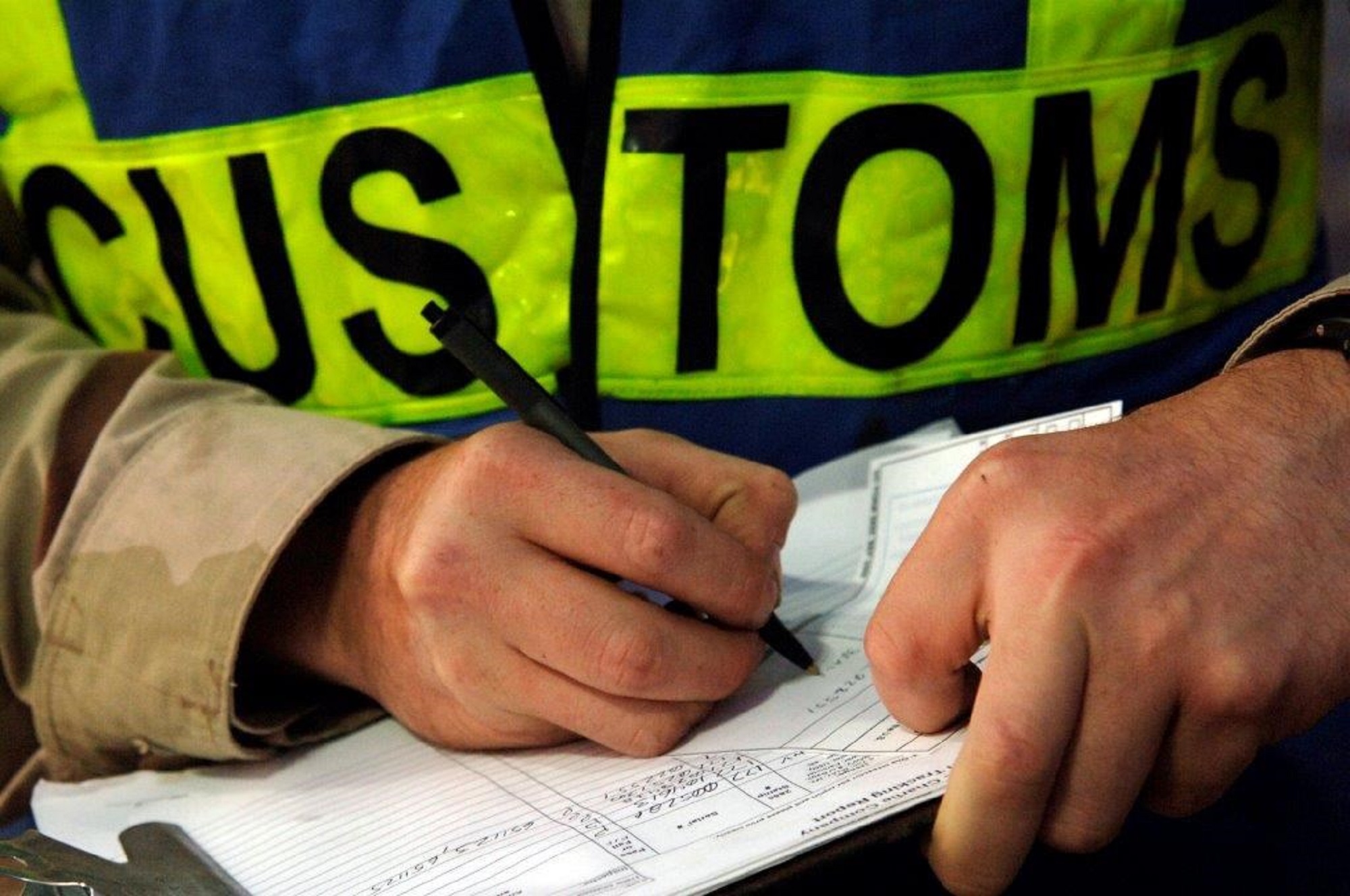The European Court of Justice issued a ruling on the allocation of transport for the intra-Community supply of goods under an excise duty suspension arrangement on 19th December 2018. We will discuss this ruling and its relevance to your company in this news report.
The facts
Doppler Mineralöle GmbH, a company established in Austria, sold fuel to several Czech companies. These Czech companies resold the fuel to several other Czech companies before the fuel was sold to AREX CZ a.s., also established in the Czech Republic. Doppler Mineralöle GmbH’s Czech customers entered into an agreement with a third party which acted as the registered consignee for these companies and which paid the excise duty due on behalf of these companies. AREX collected the fuel in Austria with its own vehicles and subsequently transported it to the Czech Republic. The fuel was transported under an excise duty suspension arrangement.
The Czech tax authorities imposed an additional assessment following a tax audit. AREX had processed the purchase of the fuel as a domestic acquisition in its VAT return and reclaimed the VAT. The Czech tax authorities have stated this is not correct and AREX is not entitled to deduct VAT in respect of these declared acquisitions. The Czech tax authorities were of the opinion that the acquisitions made by AREX took place in Austria and not in the Czech Republic. This is because AREX obtained the right to dispose of the goods as an owner in Austria, since AREX transported the fuel to the Czech Republic for its own purposes and bore the risk related to the fuel. AREX did however argue that it did not have the right to dispose of the goods as an owner during the transport of the goods under an excise duty suspension arrangement and before the release in free circulation in the Czech Republic. Especially as, according to AREX, it would not have been possible to dispose of the goods in question during transport, even in case of a transfer of ownership from a private law point of view.
ECJ judgment
According to the ECJ, it should be noted that, in the event of chain transactions of the same excise goods, whereby these goods are only transported once from one member state to another member state, the intra-Community transport can only be allocated to one of these transactions. A decision subsequently needs to be made as to which of the transactions the transport can be allocated to. The fact that the excise duties due are paid by another party in the supply chain, or that the goods are transported under an excise duty suspension arrangement, does not constitute a decisive factor when determining which transaction the transport can be allocated to. According to the ECJ, it is important to determine when the ownership of the goods was transferred to AREX. In addition to the fact that AREX collected the goods in Austria and transported these to the Czech Republic, Czech private law states that AREX took ownership of the goods at the time of loading. If the right to dispose of the goods as an owner was transferred before the goods were actually transported to the Czech Republic, the transport must be allocated to the acquisition made by AREX. AREX’s argument that the goods were not at its disposal therefore does not apply.
Check the chain transactions within your company
It is essential to determine who owns the goods and when, in case of cross-border supply chain transactions involving excise goods (for example, fuel and other mineral oil products). We would always recommend a further analysis from an indirect tax perspective (VAT, Customs and Excise) in such situations. Also in the situation that you are involved in a chain transaction as a middleman, this could be relevant for your company. Incorrectly applying these laws and regulations could lead to substantial corrections, given the quantities and amounts involved in this business.
It’s also important to start taking relevant future regulations regarding chain transactions into account. These regulations will be adjusted as a result of the so-called ‘Quick fixes’ proposed by the European Commission with effect from 1st January 2020. These future changes can also play an important role for your company and influence your future business operations.
This content was published more than six months ago. Because legislation and regulation is constantly evolving, we recommend that you contact your Baker Tilly consultant to find out whether this information is still current and has consequences (or offers opportunities) for your situation. Your consultant will be happy to discuss the latest state of affairs with you.




